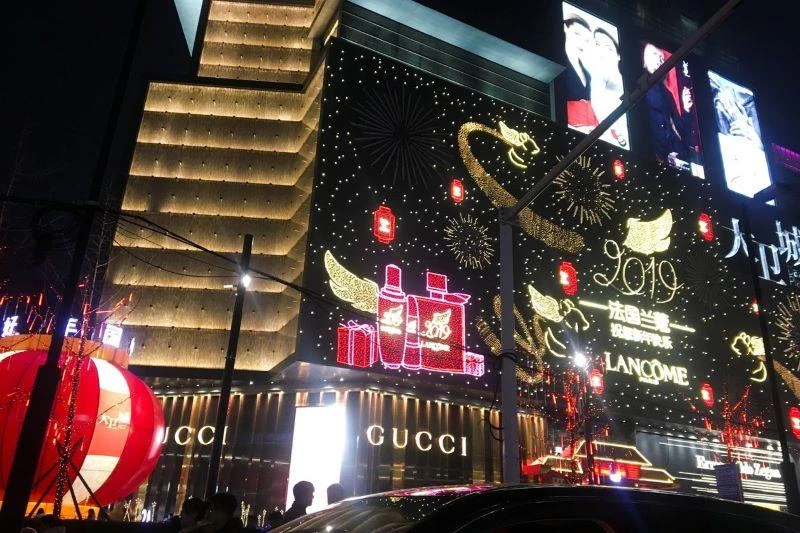
China’s cooling economy shrank the ranks of the country’s millionaires last year, according to a consulting firm report, weighing on the total value of assets held by the rich globally.
The number of Chinese individuals with more than $1 million in financial assets slid 5% to 1.2 million during 2018 on the back of a $500 billion drop in the value of the assets they held, according to Paris-based Capgemini SE . The research shows China’s tug was a big contributor to a 2.9%, $2 trillion loss in wealth among the richest world-wide.
“We’ve seen seven years of pretty solid growth around the world, and China during that period was the largest driver,” said Bill Sullivan, a Capgemini vice president involved in producing the firm’s annual World Wealth Report. “This year we saw the impact of slowdown.”
For China, challenges at the top are another unwelcome sign of how the slowest growth in a quarter-century is a brake on the trends that made it the world’s No. 2 economy. The nation’s wealthy have a particular impact on international purveyors of luxury automobiles, fashion and food brands, accounting for one-third of such spending world-wide, according to Bain & Co.
In North America, the value of assets held by high-net-worth individuals slid 1.1%, less than the world average. The number of millionaires in the U.S. crept marginally higher in the year. The Middle East was the only region to climb in wealth and number of millionaires. Wealth slid in Latin America.
Assets of Europe’s rich posted a decline similar to China’s—about $500 billion—but its number of wealthy fell 0.5%, Capgemini said. Anxiety about Britain’s decision to leave the European Union helped weaken U.K. asset values by 6%, the company said.
Capgemini says the biggest factor for rich Chinese last year was a nearly 25% plunge in stock indexes during 2018, which reflected slower economic growth, stagnation in the property market and trade tension with the U.S., as well as a weakening of the yuan. Similar factors also tripped up Hong Kong’s richest, it said.
China has less than a quarter of the millionaires the U.S. does, and that category, people with $1 million in investible assets, is a sliver of the country’s population.
Still, Mr. Sullivan says that the fortunes of rich people around the world, in particular those with assets worth over $30 million, tend to be a leading economic indicator. Some 75% of the global drop in wealth was at the uppermost slice of the rich, Capgemini says. In a sign of this group’s caution, the company said, they held slightly more of their wealth in cash than equities at the end of March.
Other recent reports likewise suggest gathering clouds over the wealthiest in China.
In findings published last month, Boston Consulting Group said growth in household assets Asia-wide slid last year to about 7.1% from 11.5% the year before, primarily because of rising exposure to the stock market by China’s wealthy.
Separately, UBS analysts tallied broad pullback in China art dealings in 2018. Sales slid 3% year on year to $12.9 billion, and the value of works sold at auctions fell 9%. Artwork up for auction didn’t sell 57% of the time, they found.
McKinsey & Co. this year predicted China’s middle class—those earning $2,600 to $3,900 a month—would expand 28% annually through 2025 and reach 350 million people.
Shanghai wealth chronicler Hurun Report said the ailing stock market cost a record 456 people a spot on its annual China Rich List of about 2,000 when it was published in October. Still, Hurun founder Rupert Hoogewerf said 219 newcomers qualified with the technology industry creating new fortunes.




















